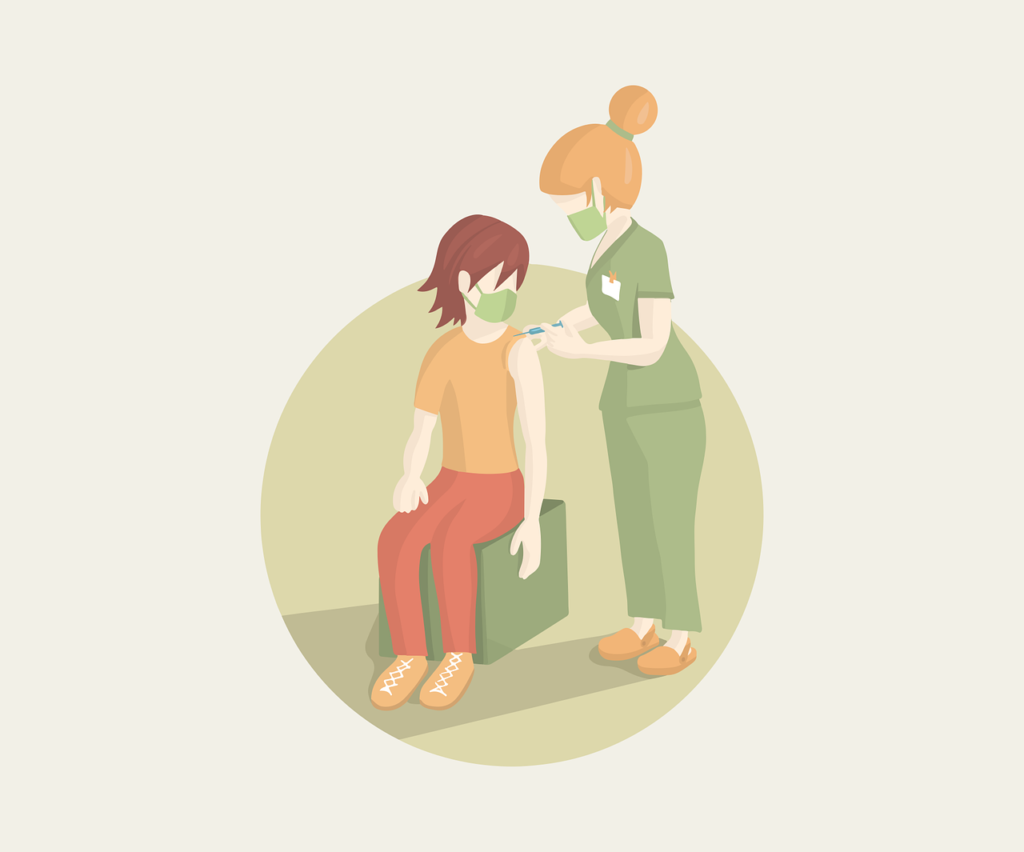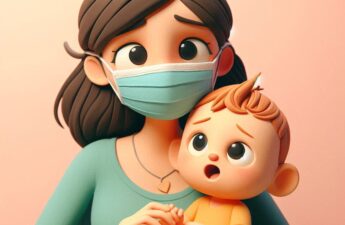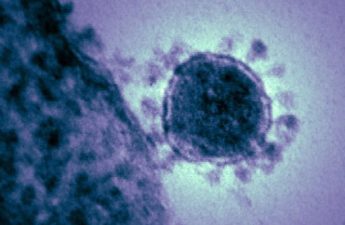Washington State Department of Health

Big news on boosters! The COVID-19 booster shot is now available for everyone ages 5 and up, following recommendations from the Centers for Disease Control (CDC) and the Food and Drug Administration (FDA).
Boosters are important for keeping our communities safe, especially as COVID-19 cases increase across Washington. But it’s not always easy to track when you or a loved one is eligible for a first, or a second, booster. Let’s look at the latest guidance you need to know.
Who is eligible for a booster right now?
Children ages 5–17 can get 1 booster of the Pfizer vaccine after completing their COVID-19 vaccine “primary series.” Children this age can get the booster if it has been:
- at least 5 months after their second primary dose; or
- at least 3 months after a third primary dose for children who are immunocompromised.
Adults ages 18 and older can get a Pfizer or Moderna booster for any COVID-19 vaccine after completing their vaccines series if it has been:
- at least 5 months after a second dose of Pfizer or Moderna; or
- at least 2 months after the Johnson & Johnson vaccine.
People in the following higher-risk groups can get a second booster at least 4 months after their first booster:
- Adults ages 50 years and older
- People 12 years and older who are moderately or severely immunocompromised
- Everyone 18 years and older who received a J&J vaccine for their primary and booster dose
Is a booster safe for children?
New research found that a booster dose of the Pfizer vaccine in children ages 5–11 increases protection against the original strain of COVID-19, as well as the Omicron variant.
The booster dose for kids ages 5–11 is the same as they got for their primary shots. It’s also about a third less than the dose that is given to people ages 12 and up.
Safety was assessed in about 400 children. There were no serious side effects. Milder side effects were a lot like the initial vaccine series. This included:
- pain
- redness and swelling at the injection site
- fatigue
- headache
- muscle or joint pain
- chills
- fever
If you’re wondering about safety, it’s important to remember that kids can get sick if they catch COVID-19, including new variants like Omicron. As we’ve seen with adults, the protection from a booster decreases the likelihood of your child having a severe illness or dying from COVID-19.
Is it worth getting a booster if you’ve already been infected by COVID-19?
Yes — you should get a booster even if you’ve already had COVID-19. A booster shot can provide a stronger immune response than the natural immunity from a COVID-19 infection. This means greater protection against re-infection, and if you were to get infected again it would be less severe.
You should not get your booster if you are currently sick. Wait until you are symptom-free, and your isolation period is over.
What if you get a booster without knowing you have COVID-19?
Protection from the booster takes about a week to take effect. That means it’s possible to get infected right before or soon after your booster shot.
However, the shot should still work to boost your immune system the way it’s supposed to.
Remember to test for COVID-19 if you have symptoms or potential exposure, to confirm whether you have an active infection.
Is the booster effective against COVID-19 variants?
Boosters are effective against COVID-19 variants.
According to the CDC, during the recent Omicron surge, those who got a booster were 21 times less likely to die from COVID-19 compared to those who were unvaccinated, and 7 times less likely to be hospitalized.
When should you get a second booster?
As with any vaccine, the protection you get from a booster can decrease over time. For the COVID-19 booster, this typically happens at about the 4-month mark.
A second booster dose of the vaccine is currently recommended for people who have a weakened immune system and people ages 50 or older. You can get this second booster shot 4 months after a first booster. And like the first booster, adults can choose to get the same brand from their initial vaccine series or can mix and match brands.
A second booster is an important way to keep more vulnerable community members protected as COVID-19 cases increase.
When will a second booster be available to other age groups?
Right now, second boosters are recommended only for community members who are at a greater risk of COVID-19 infection.
Am I considered up to date on my vaccines without a booster?
No. You are up to date with your COVID-19 vaccines when you have received all doses in the primary series and all boosters recommended for you.
Ready for a booster? You can use a vaccine locator tool to find an appointment.
More Information
This blog is accurate as of the date of posting. Information changes rapidly, so check the state’s COVID-19 website for the most up-to-date info at coronavirus.wa.gov. You can also sign up to be notified whenever we post new articles.
The COVID-19 vaccine is now available to everyone 5 and older. For more information about the vaccine, visit CovidVaccineWA.org and use the vaccine locator tool to find an appointment. The COVID-19 vaccine is provided at no costto you.
WA Notify can alert you if you’ve been near another user who tested positive for COVID-19. Add WA Notify to your phone today: WANotify.org
Answers to your questions or concerns about COVID-19 in Washington State may be found on our website. You can also contact the Department of Health call center at 1–800–525–0127 and press # from 6 a.m. to 10 p.m. Monday, and 6 a.m. to 6 p.m. Tuesday — Sunday and observed state holidays. Language assistance is available.


